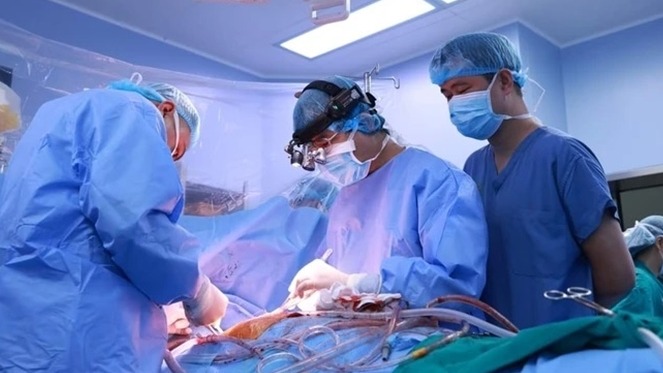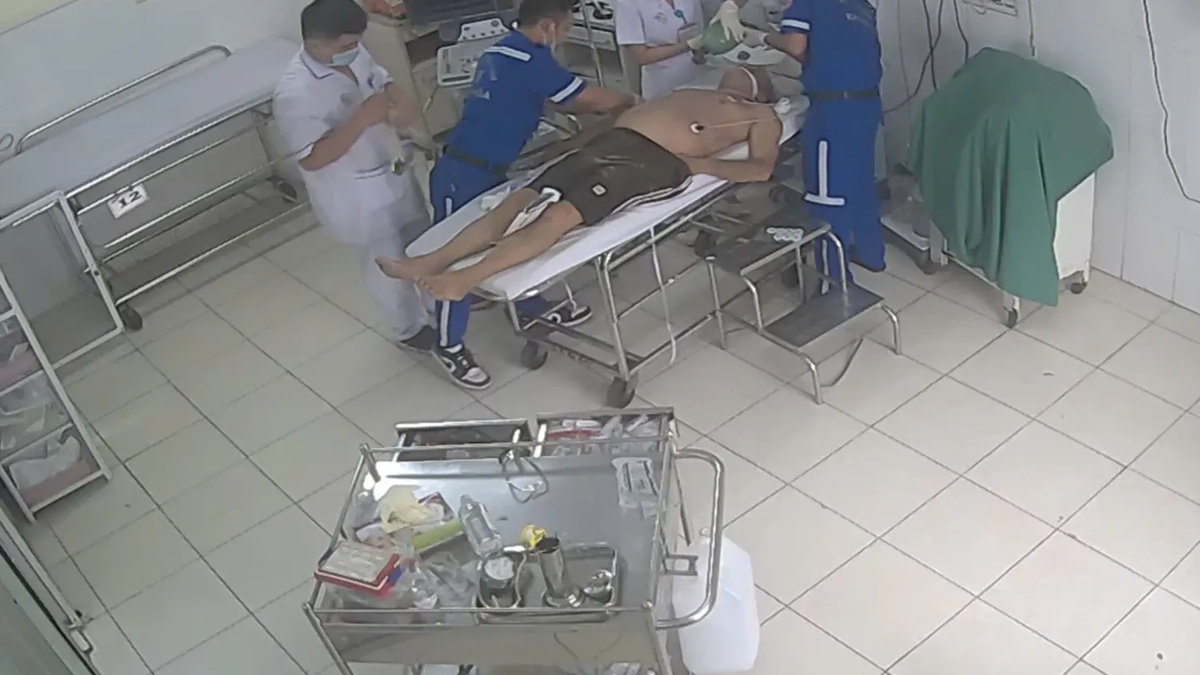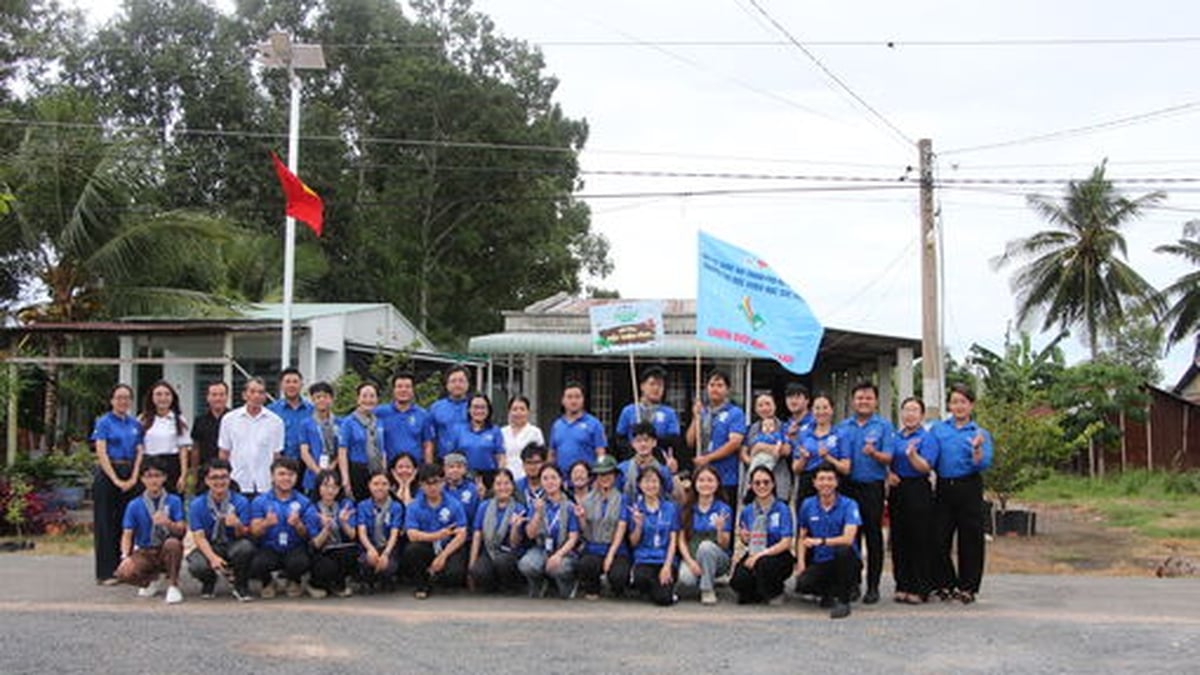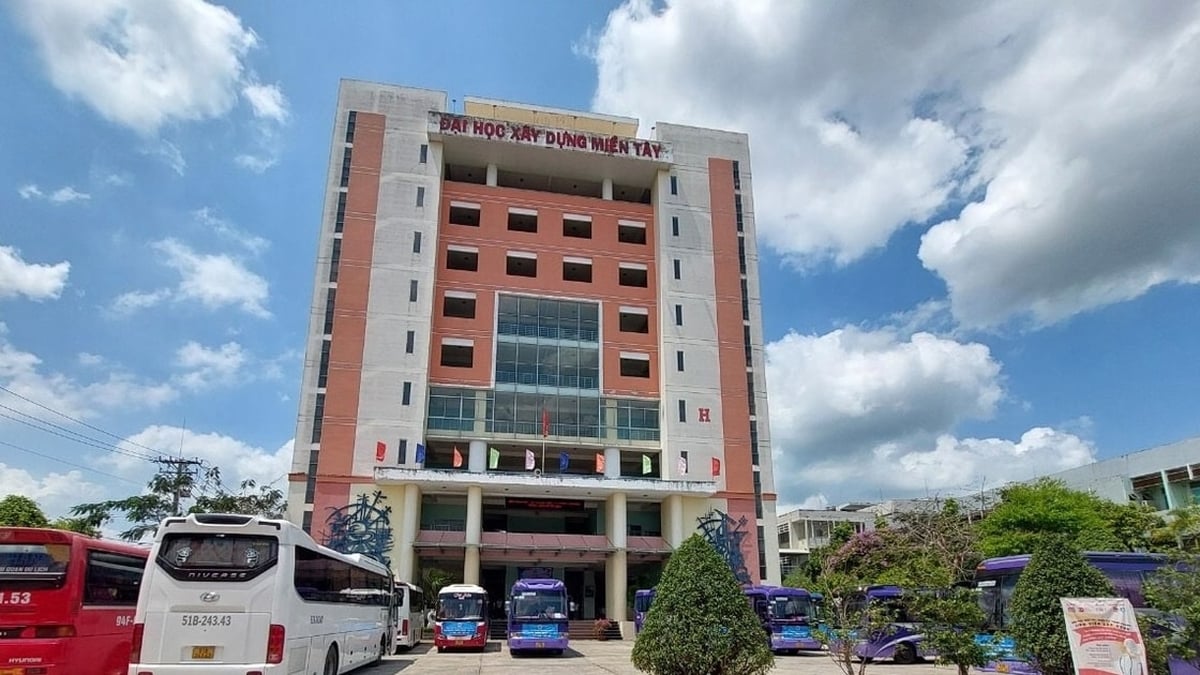In our country, 94% of donated organs come from living donors, only 6% of donated organs come from brain-dead people. This is in contrast to developed countries where 40-90% of donated organs come from brain-dead people.
Recently, Duc Giang General Hospital, National Organ Transplant Coordination Center, Ministry of Health organized a training program to update knowledge on organ donation and transplantation from brain-dead people.
 |
| In our country, 94% of donated organs come from living donors, only 6% of donated organs come from brain-dead people. This is in contrast to developed countries where 40-90% of donated organs come from brain-dead people. |
Dr. Nguyen Van Thuong, Director of Duc Giang General Hospital, shared that donating tissues and organs is a noble act and one of the most precious gifts that one person can give to another.
In Vietnam, thousands of people have successfully received organ transplants and their lives have been saved thanks to the sharing of kind hearts. In the near future, the Hospital will establish an advisory board related to tissue and organ donation to increase the chance of saving many seriously ill people waiting for transplants.
According to Dr. Nguyen Van Thuong, the hospital will establish an advisory board related to tissue and organ donation to increase the chance of saving many seriously ill patients waiting for transplants.
At the training program, Associate Professor, Dr. Dong Van He, Director of the National Organ Transplant Coordination Center, Deputy Director of Viet Duc Hospital shared the current situation of organ donation and transplantation in the world as well as in Vietnam.
In developed countries, the rate of organ donation and tissue transplantation from brain-dead people is very high, from 50% - 60% and even more than 90%, such as Spain, France, and North American countries. Neighboring countries of Vietnam such as China, Thailand... also perform organ transplantation from brain-dead people a lot.
In Vietnam, the number of organ transplants is limited, especially among brain-dead people, only 0.15% (statistics in 2023), of which transplants at Cho Ray Hospital and Viet Duc Hospital account for 95%.
After 32 years of organ transplants, the whole country has only transplanted more than 8,000 cases. In 2022 and 2023, the number of transplants was the highest, 1,000 cases per year (leading in Southeast Asia), but the list of people waiting for organ transplants is still long, every day there are still many people without organs for transplant.
Currently, the whole country has only more than 80,000 people registered to donate organs and the number of organ donations for transplants is mainly from living people (accounting for 94 - 95%), the number of brain-dead people donating organs is still low.
Because there are no tissues or organs, there are currently 26 facilities operating ineffective, uneven, under-invested and incorrect organ and tissue transplants.
There are only about 4 hospitals that do over 100 transplants per year, some do 1-2 transplants per week. The current situation is that many hospitals have to stop organ transplants, not because they cannot do it, but because there are no organs to transplant.
According to Associate Professor, Dr. Dong Van He, hospital activities are the key to success, especially the effectiveness of the brain-dead organ donation advisory team. Building a team of medical staff to promote human tissue and organ donation is urgent, because without a source, there can be no transplant.
In particular, the role of consultants after brain-dead patients in the hospital's intensive care and emergency departments. Because every year thousands of people die from traffic accidents, if these people donate organs and tissues, many patients in need of organ and tissue transplants can be saved.
According to the report of the National Organ Transplant Coordination Center, the first case of brain-dead organ donation in our country was in May 2010 at Viet Duc Hospital.
From 2010 to 2022, each year there are 10-11 cases of brain death organ donation in our country. In 2023 alone, there were 16 cases of brain death organ donation. In the first 6 months of 2024, there were 10 cases of brain death organ donation.
Although the number of brain-dead organ donors in our country has increased, the shortage of organs in Vietnam is still very serious. Currently, a network for mobilizing organ and tissue donation in Vietnam has been established in 68 hospitals, of which 24 are in the North, 29 are in the South, and the rest are in the Central region.
However, the network has not been as effective as expected. The director of the National Coordination Center for Human Organ Transplantation added that Malaysia has a population of 34 million but has 156 hospitals participating in the network to promote tissue and organ donation.
The hospital is also continuing to expand the network of hospitals that organize organ and tissue donation registration and mobilize organ and tissue donation for brain-dead cases, striving to expand as much as possible, to increase the number of people registering to donate organs and tissues and mobilize brain-dead donors.
According to this expert, to do that, it is necessary to organize training for the medical staff in the hospital. When medical staff correctly understand the concepts of brain death, cardiac death; even detect potential brain death, they will certainly be the bridge between the patient's family and the organ and tissue transplant facilities.
According to statistics, from December 2022 to December 2023, there were 16 hospitals nationwide piloting the consulting network, with 33 families agreeing to donate organs to brain-dead patients, but there were only 16 donations (17 cases were not eligible for donation due to cardiac arrest, infection, etc.).
There are more than 400 hospitals nationwide that do not have a consulting network. They have only been able to persuade two families to agree to donate organs, but have only been able to perform one operation.
In the first five months of 2024 alone, the network of 68 hospitals mobilizing brain-dead organ donation convinced 35 families to agree to donate organs, of which 10 were successful, 25 were ineligible. More than 400 hospitals nationwide were unable to mobilize any brain-dead patients to donate organs.
This reality shows that if a network of hospitals does not establish organ donation advisory groups nationwide, the number of patients receiving organ transplants will be very small.
Specifically, the rate of consent to organ donation in Vietnam is still very low, such as at Viet Duc Friendship Hospital reaching 2%; other hospitals do not have statistics; the successful consultation rate is 2% (100 cases approached and explained, 2 cases agreed to donate).
Source: https://baodautu.vn/hon-90-nguon-tang-hien-o-nuoc-ta-tu-nguoi-cho-song-d217990.html


























![[Photo] National Assembly Chairman Tran Thanh Man visits Vietnamese Heroic Mother Ta Thi Tran](https://vphoto.vietnam.vn/thumb/1200x675/vietnam/resource/IMAGE/2025/7/20/765c0bd057dd44ad83ab89fe0255b783)








































































Comment (0)